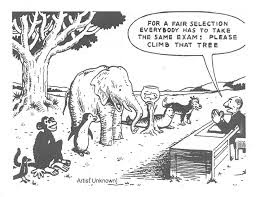Adding IBI to The Teacher Toolbox

As we continue on our teach Ag journey, we continually look to fill our teacher toolbox with instructional methods. This week were taking a further look at inquiry based instruction (IBI) and how to properly incorporate IBI into the classroom. Inquiry based instruction is a unique form of instruction allowing for a combination of student curiosity and the scientific method. This method teaching allows students to cultivate their own knowledge without formally being "spoon fed" the information. Students have the opportunity to gain a whole new level of learning by seeking answers, creating a deeper understanding for what is being learned. "Teachers play a vital role in adapting the inquiry process to the knowledge and ability level of their students." This past week I had the opportunity to attend a workshop based around implementing agri-science with inquiry based instruction at the National FFA Convention. Through this workshop I was able to create a better un...

